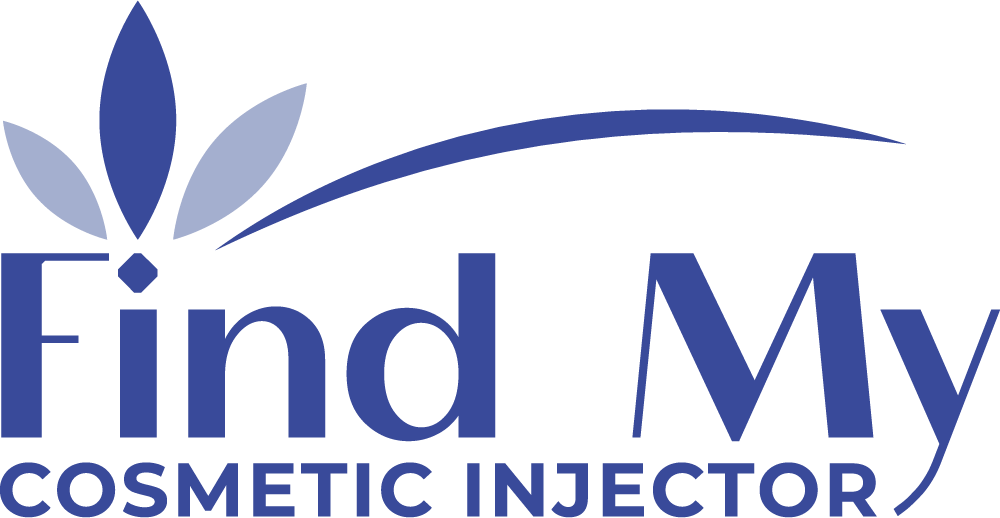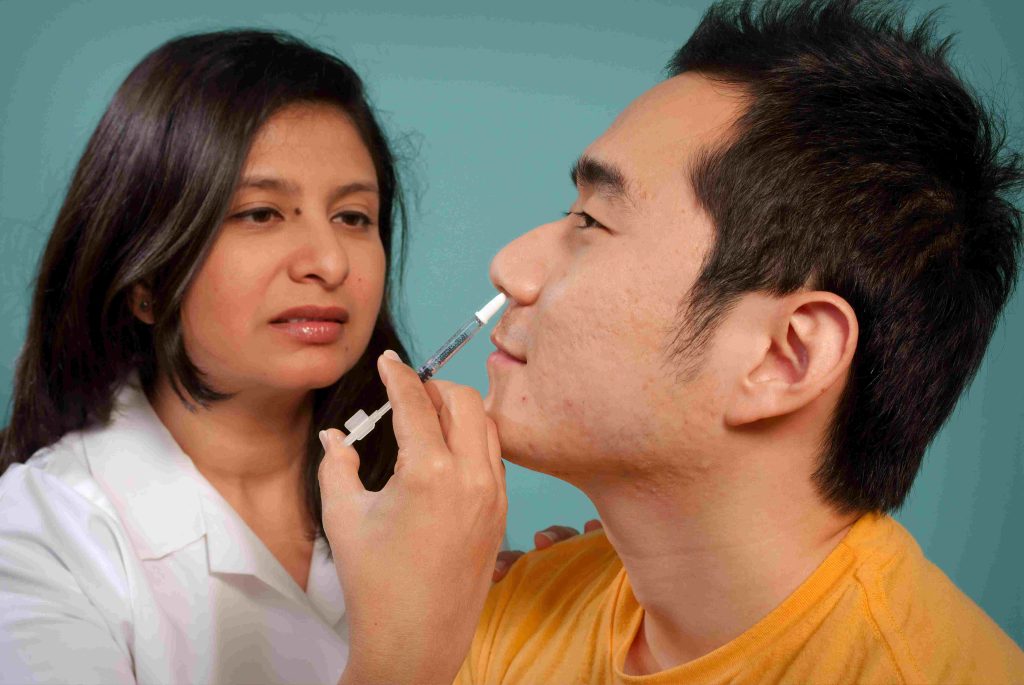Nurse Injector Training
Economists expect the demand for aesthetic services to grow over the next ten years. Technological advancements have made outcomes more consistent, the procedures are safer, and social media is fueling demand. As a result, medspas and other aesthetic providers will need skilled nurses who can perform injections and other procedures.
Working as a nurse injector is challenging and rewarding. The field requires individuals with a solid educational background, strong clinical ability, and the artistry needed for cosmetic procedures.
Whether you’re a nurse looking to enter the aesthetic field or an established provider looking to advance your career, completing a training program will enhance your resume and help you grow as a nurse injector.
Read on to learn about what nurse injectors do, the training options available to you, and tips to help you advance your career in this field.
What is Nurse Injector Training?
Cosmetic injectables like Botox and dermal fillers are some of the most in-demand aesthetic procedures today. Nurse injector training teaches you the science behind the products, the fundamentals for successfully administering the procedures, relevant safety guidelines, and patient education topics.
Benefits of Training Coursework
The coursework allows you to administer injections to actual patients under the supervision of experienced professionals. States have different requirements for who can give injections, though the minimum qualifications are that you be a registered nurse (RN) with an active license.
Botox and fillers are FDA-regulated products. Only licensed medical professionals can obtain them. Several nationwide programs offer introductory training, courses in advanced techniques, continuing medical education (CME) credits, and nationally recognized certifications.
Nurse injector training is the best path into medical aesthetics for nurses who want to expand their career options. It’s a marketable skill that enhances your nursing qualifications and allows you to begin gaining the real-world experience needed to grow as an aesthetic provider.
Medical Aesthetic Training for Nurses
Medical aesthetics is a rapidly growing field that offers skilled-nurses versatility, advancement potential, and stable employment. If you enjoy connecting with patients and are interested in health and beauty, you can find your niche with proper training.
Working in aesthetics provides a more stable and predictable day-to-day schedule than other nursing positions. Your workdays will entail consulting patients about treatment options, administering injections, and offering after-care advice and guidance.
As an aesthetic nurse, you will be able to foster close relationships with your patients and help guide them through transformative care that improves their outward appearance and emotional well-being.
The field allows you to work in a setting that suits your work-life balance, family, and financial needs. Depending on your education, certifications, and career goals, you can work as an employee, contract, or establish your own aesthetic practice as you gain experience.
Why Get Training for Botox and Filler Injections?
The demand for trained nurse injectors is projected to grow along with the rising demand for aesthetic services. According to a 2021 report, analysts project the cosmetic injectable market will grow 12% annually through 2026. This surging demand will lead to stable jobs, competitive pay, and advancement opportunities.
Botox and fillers are only safe when done by trained professionals. Today’s patients are increasingly savvy about cosmetic procedures and will seek out the best providers. The easiest way to secure a position with a top employer is by completing advanced training and obtaining a certification.
As a trained nurse injector, you could work for a medspa where you deliver injections to patients. This work allows you to build ongoing relationships with patients who will follow up for maintenance injections. Medical spas typically only offer non-surgical options and are often staffed exclusively by RNs and nurse practitioners.
Trained nurses can also work for a cosmetic surgery or dermatology practice that offers aesthetic services. These workplaces are closer to traditional medical offices. You’ll likely work as part of a team alongside a physician or surgeon. You may provide injections as part of wider-scale cosmetic interventions.
Botox Training for Nurses
A Botox training course is vital for nurses who want to enter the aesthetics field. The injections contain a safe form of bacteria and are used to paralyze facial nerves to smooth wrinkles on the skin. The top employers likely require their nurses to have high-quality Botox training due to the procedure’s popularity and profitability.
Training will involve a combination of classroom learning and practical application. Your instructors will cover the history of Botox, its clinical applications, contraindications, and the nature of the injections. Developing foundational knowledge will help you answer your future patients’ questions and guide them through the procedure.
Reputable courses only accept RNs or medical professionals with advanced degrees. The training will cover dosing, safety, needle placement, and technique for obtaining superior results. The instructors will provide insights so you can confidently inject Botox into the approved facial areas and begin honing your skill.
Once trained, you can secure a position at a medical spa or clinic working alongside experienced healthcare professionals. As you gain experience, you will be able to fine-tune your technique to achieve optimal results for your patients.
Dermal Filler Training for Nurses
Dermal filler training covers products like Juvederm, Restylane, Xeomin, botulinum toxin (Botox), Dysport, and Kybella. They are injected to fill gaps beneath the skin or in the lips to add shape, smoothness, and volume. Most of the products use hyaluronic acid to draw water molecules to the injection site.
Completing a comprehensive dermal filler course makes you a versatile and highly-desirable candidate. Skilled injectors can administer several types of procedures and target various areas of the face. Being familiar with a broad range of injection techniques will enable you to offer a wider array of services.
Patient demand for dermal fillers will continue growing. Younger patients are seeking them out to proactively address visible signs of aging. As a trained injector, you can work for reputable spas and clinics, providing valuable guidance to patients as they establish their appearance goals.
Your initial dermal filler training will also form the foundation of your developing knowledge. You will refine your skills as you place more injections and encounter unique clinical scenarios. With time, you can leverage your experience when new products enter the market, placing yourself at the forefront of the latest and most desirable treatments.
Botox Certification for Nurses
Obtaining a certification from an accredited program will enhance your career prospects. The Botox procedure must be done precisely to ensure safety and optimal results. State regulations differ, so check with your licensing board to confirm the specific requirements where you intend to work.
Certification courses are more intensive than training courses, often taking up to 16 hours. They may be completed in one weekend or with multiple classes spread out over a week or more.
A comprehensive certification will cover patient screening and assessment, the handling and use of Botox, an in-depth discussion of facial and oral anatomy with special considerations for the nervous and vascular systems, general procedure techniques, and procedure-specific injection training regarding specific sites.
Once certified, you can practice as a fully authorized provider and guide patients through each step of the Botox process, from consultation to recovery.
Find Botox and Filler Training Courses Near You
Completing your training with a reputable organization is the best way to maximize your employment potential. The top programs are led by licensed medical doctors, nurse practitioners, and registered nurses with experience in the aesthetics field. The programs offer their courses multiple times per year at various locations.
American Academy of Facial Esthetics
The American Academy of Facial Esthetics is a nationwide organization of doctors, nurses, and medical aesthetic professionals that offers nurse injector training for Botox and dermal fillers.
They conduct 50 Botox certification courses at 20 locations across the U.S. each year. The Academy also offers continuing education and advanced training courses for nurses who want supplemental training with a greater focus on needle placement and technique. They provide online preparation and study materials for registered members.
Aesthetic Medical Educators Training
Botox certification courses from Aesthetic Medical Educators Training are offered nationwide. You can search for classes using your zip code on their interactive map. Their Botox certification is an 8-hour in-person course that involves 4 hours of hands-on training.
They have hybrid options that allow you to complete the didactic portion of the course via webinar. Attending the hybrid course allows you to complete the hands-on component of the course in a smaller group setting.
National Laser Institute
The National Laser Institute offers a 2-day combined Botox and dermal filler injection course. They host on-site certification courses in 15 cities. Half of each day is spent on classroom instruction. The second half is dedicated to demonstrations and hands-on training.
The National Laser Institute also limits the clinical skill class size to 5 students per instructor to maximize your ability to practice performing injections with supervision.
Frequently Asked Questions
Salaries vary based on location, experience, and credentials, but the average salary is about $43.00 per hour. Skilled nurses in metropolitan areas can expect to earn a higher wage than nurses working in smaller and more rural communities.
As your career progresses and your skills sharpen, your earning potential will rise. Medspas and clinics value nurses with experience and a proven track record because it helps build trust with their patients.
Beyond salary, aesthetic nurses typically work a consistent schedule with predictable daytime hours compared to nurses in other clinical care settings. While the job is demanding because it requires administering delicate injections, the stressors may be lower than working in a hospital or another practice specialty.
Nurse injectors can work for medspas, within plastic surgery clinics, or for cosmetic surgery or dermatology practices. As the demand for cosmetics injectables grows, wellness centers, primary care providers, and other facilities will likely expand into the field and need to hire quality nurse injectors.
The field is competitive. Obtaining proper training and certification will help you stand out amongst your peers.
No. Most states require injectors to have a nursing degree and license. Reputable programs do not accept non-licensed applicants. Cosmetic injectables are a medical procedure that requires assessing the patient for contraindications, choosing the proper injection site, and preserving the underlying nerves, muscles, and blood vessels.
Employers who hire individuals without nursing qualifications are likely violating regulations and obtaining their Botox through non-approved means.
No. Most states only allow registered nurses (RNs) and nurse practitioners (NPs) to administer cosmetic injections.
Dental nurses can only perform lip fillers and other cosmetic injections if they have an RN license and the fillers are not administered as part of a dental practice. States have different rules regarding dentists’ access to Botox.
Many medical and dental boards are instituting new regulations to bar dental providers from placing cosmetic injections.
Yes. RNs are permitted to perform Botox injections and can legally purchase the product with a proper order in most states.
Regional terminology and preference dictate what nurses who administer Botox are called. Common terms include nurse injector, aesthetic nurse, and cosmetic nurse.
You can enroll in a reputable training course and legally administer Botox if you have a nursing degree obtained through an accredited vocational program or a Bachelor of Science in Nursing. You must also have an active registered nurse license.

